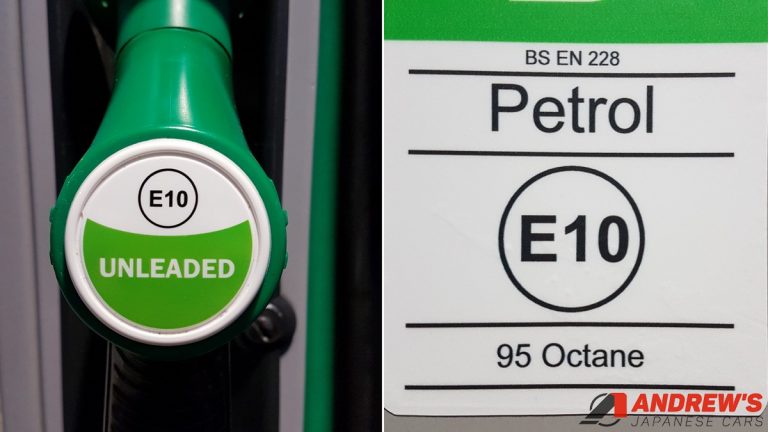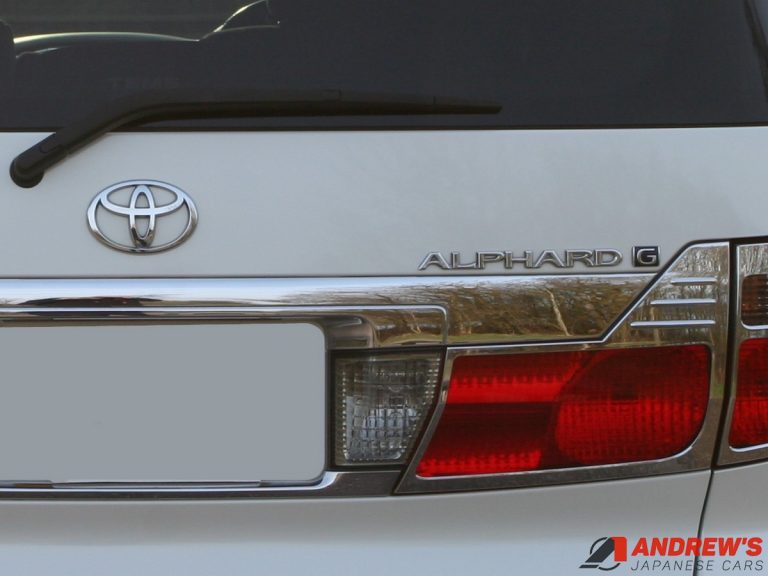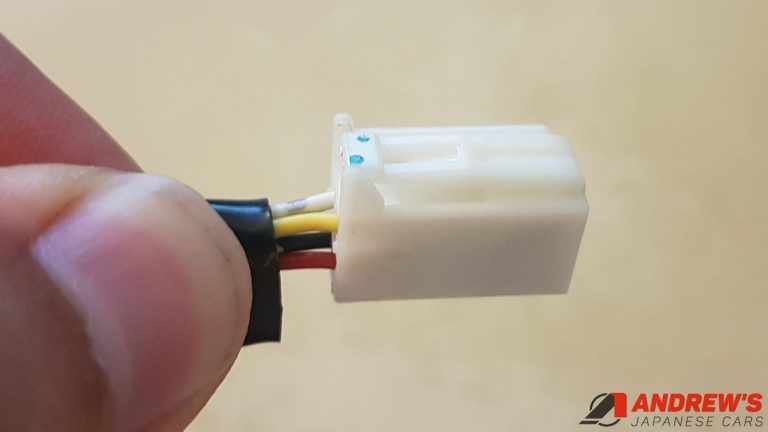Quite often I see people ask “What oil should I use for my……..[insert name of imported Japanese car]? This post is my attempt to answer the “what’s the best engine oil for Japanese cars?” question, on a general level.
I’m not going to be giving car-specific recommendations. This is partly because that would make for a huge article, and partly because for most Japanese import cars, most of the time, they all require the same type of oil: this would make a car-by-car breakdown unnecessary. There will always be exceptions, but read on to see what I recommend (and use).
If you just want the answer without the explanation, skip to the end of this article!
Engine oil explained
I’ll start with a brief introduction to engine oil specifications.
Engine oil: what do the numbers mean?
The numbers are viscosity ratings. Put simply, how thick the oil is. The number with the ‘w’ next to it, usually the first number, is the viscosity when the oil is really cold. The ‘w’ refers to winter. This number gives a measure of the oil’s performance when starting a cold engine in cold weather.
The second (higher) number is the thickness of the oil when it is hot: i.e. when your engine is up to full operating temperature.
The lower the number, the thinner the oil.
What is the best engine oil viscosity for Japanese cars?
The answer is almost always 5w30. Of course there will be exceptions, but for most engines, most of the time, 5w30 will be the correct viscosity.
How to check whether this is suitable for your engine? Most owner’s manuals will contain this information in the form of a table. The table will show different viscosity recommendations for different ambient temperature ranges. 5w30 oil almost always covers a wider temperature range than we ever see in the UK. If you’re reading this from outside the UK, my 5w30 recommendation may not apply, so please check carefully.
Engine oil: what do the letters mean?
As well as the viscosity ratings, you’ll often see a range of letters / acronyms in oil specifications.
There are 3 common sets of international standards for engine oil: ACEA (Association des Constructeurs Européens d’Automobiles), ILSAC (International Lubricant Standardization and Approval Committee) and API (American Petroleum Institute).
What is the best engine oil standard / grade for Japanese cars?
For most Japanese cars, you’ll find API and ILSAC more often than ACEA, which as you can probably tell is a European standard.
All API standards for petrol engines start with S. For most ~10 year old Japanese cars, SJ or SL are commonly seen. If your manual is recommending a particular standard, make sure the oil you’re going to buy meets the same standard. These standards count up through the alphabet, so SL is a newer (and hopefully better) standard than SJ. If you’re reading this 10 years after it was written, it is likely that most 10 year old Japanese imports will have moved on to API SM or SN at that point.
For diesel engines, the API ratings start with C. Many oils have a petrol and a diesel rating, so can be used with either fuel. There aren’t that many diesel engined Japanese imports available these days, so I won’t go into a lot of detail on oil for diesel engines.
Generally the standards are backwards compatible. So if your owner’s manual specifies an oil meeting API SL specification, an oil meeting API SM or SN specification will be fine.
Fully Synthetic, partially / semi synthetic or mineral oil?
All of my cars get fully synthetic engine oil every time. There are some arguments made that older or high mileage engines should be run on semi-synthetic or mineral oil because they can’t cope with fully synthetic. Unless the engine is really old, I don’t sign up to this. By really old I mean pushrods, points and distributor ignition, no catalytic converter etc.
Oil technology has (in my opinion) improved substantially over the years, so why not allow your engine to reap the benefits of these advances by using fully synthetic oil?
How to choose the best engine oil for Japanese cars
- Is your engine petrol or diesel? Make sure the oil you’re looking at is suitable for a petrol or diesel engine. A lot of oils these days are fine for either.
- Which viscosity is recommended by the manufacturer? Both the cold and hot viscosities need to be matched up. If you don’t have a handbook, look under the bonnet for stickers with oil specifications. Sometimes it’s also marked on the oil filler cap.
- Are any of the international oil standards mentioned? e.g. API SJ, SL, SM etc? If they are, make sure the oil you’re going to buy meets the specified standard(s).
- Is the oil fully synthetic?
Going through all these questions with most Japanese cars made in the last 20 years, the answer is usually a 5w30 fully synthetic oil meeting API SL standards or higher (SM, SN).
Of course there will be exceptions to this, so please check before buying!
What is the best engine oil for Japanese cars? My answer…
Now we’ve established that most engines on Japanese import cars will require a 5w30 fully synthetic oil meeting API SL (or newer) specifications, which one should you choose? Well, here are 2 recommendations meeting these standards. Not all fully synthetic oil is the same, so whilst these are both fully synthetic, the 2nd option below is a much better oil. It is also a lot more expensive and arguably overkill for an unstressed normally aspirated engine.
For most everyday, normally aspirated engines, I use Fuchs Titan XTR 5w30. This is a synthetic oil and meets API SJ, SL and CF standards so can be used in petrol and diesel engines. It is also priced very competitively.
For a higher performance turbocharged engine, trackday car, or if you just want the absolute best oil for your engine, I’d recommend Fuchs Titan Race Pro S 5W-30 ester fully synthetic engine oil. This meets API SN, SM and SL standards. I used this oil in my Starlet GT Turbo and changed it every 3000 miles (it was called Silkolene Pro S back then).
Change your engine oil!
I’m going to finish this post about the best engine oil for Japanese cars by reminding you that changing your engine oil and filter frequently is just as important as getting the right oil, if not more important.
If you don’t know when it was last done, or if it was over a year / 8000 miles ago – get it done! If your car has a timing chain, I’d advise halving those intervals. If you think that’s excessive, find someone who’s had their timing chain replaced and ask them how much it cost.
Any questions? Why not post them below?







Hi im getting signs of an oil leak i think it could be the rear oil seal Can the transmission be removed from the engine without taking the engine out?
Hi Derek
Sorry to hear about the oil leak. Which car are you asking about?
Cheers
Andrew
Hi Andrew, I’ve always used the Fuchs Titan Pro S 5w 30 in all my imported cars to date. I’ve recently purchased a 2007 Toyota Alphard 3.0L (1MZ-FE), do you know what the frequency of the oil change intervals are for this model using fully synthetic?
Hi Dave
Thanks for your comment. I would work on a 12 months / 15,000 km interval for the oil and filter change. I’m not aware of an extended interval being specified when fully synthetic oil is used, but at least you know your engine is receiving a really good level of protection from wear.
Cheers
Andrew
Hi Andrew,
Been reading through your articles – very interesting and helpful too!
Would the recommended Titan XTR oil be suitable for a 2009 Nissan cube Japanese import?
Many thanks,
Thanks for the feedback.
About the oil, yes it would. I’ve used it in a Cube myself.
Cheers
THANK YOU ANDREW FOR YOUR AMAZING INFO